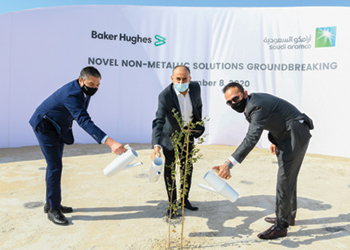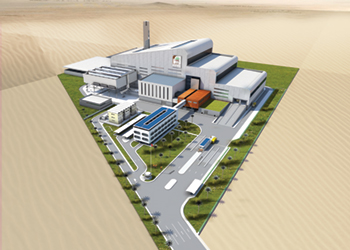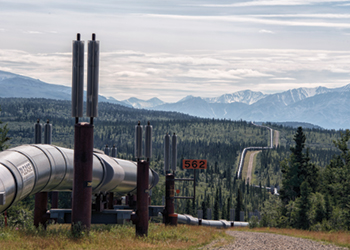
 A concept of the Dubai waste-to-energy plant
A concept of the Dubai waste-to-energy plant
Japanese trading house Itochu and engineering company Hitachi Zosen have won a contract to build and operate one of the world's largest waste-to-energy plants in Dubai, being set up at an investment of 120 billion yen ($1.16 billion).
The 200-MW facility will generate electricity by burning trash from households in the UAE city. It will be able to process about 6,000 tonnes per day, with an annual capacity of 1.9 million tons, equivalent to roughly half the city's waste, reported Nikkei Asia.
The plant will produce enough power for 140,000 households, with an efficiency of about 30 per cent, among the highest in the world for this type of facility, stated the report.
The plant is expected to be completed in 2024. Itochu and HZI will operate it for 35 years.
As per the deal, Itochu will own 20 per cent of the project, Hitachi Zosen Inova — a Swiss subsidiary of Hitachi Zosen — 10 per cent, and state-linked Dubai Holding 31 per cent. The remainder will split among three companies.
The project brings together the know-how of two companies with substantial experience in the field for their first joint foray in the Middle East, it added.
The region has long relied mainly on cheap natural gas and oil for power, but has more recently begun adopting solar and other renewable energy sources for sustainable development. Waste-to-energy plants are seen as a more stable energy source than wind and solar, which depend on weather conditions. The UAE, where most household trash ends up in landfills, is a particularly promising market for the technology.




















































































